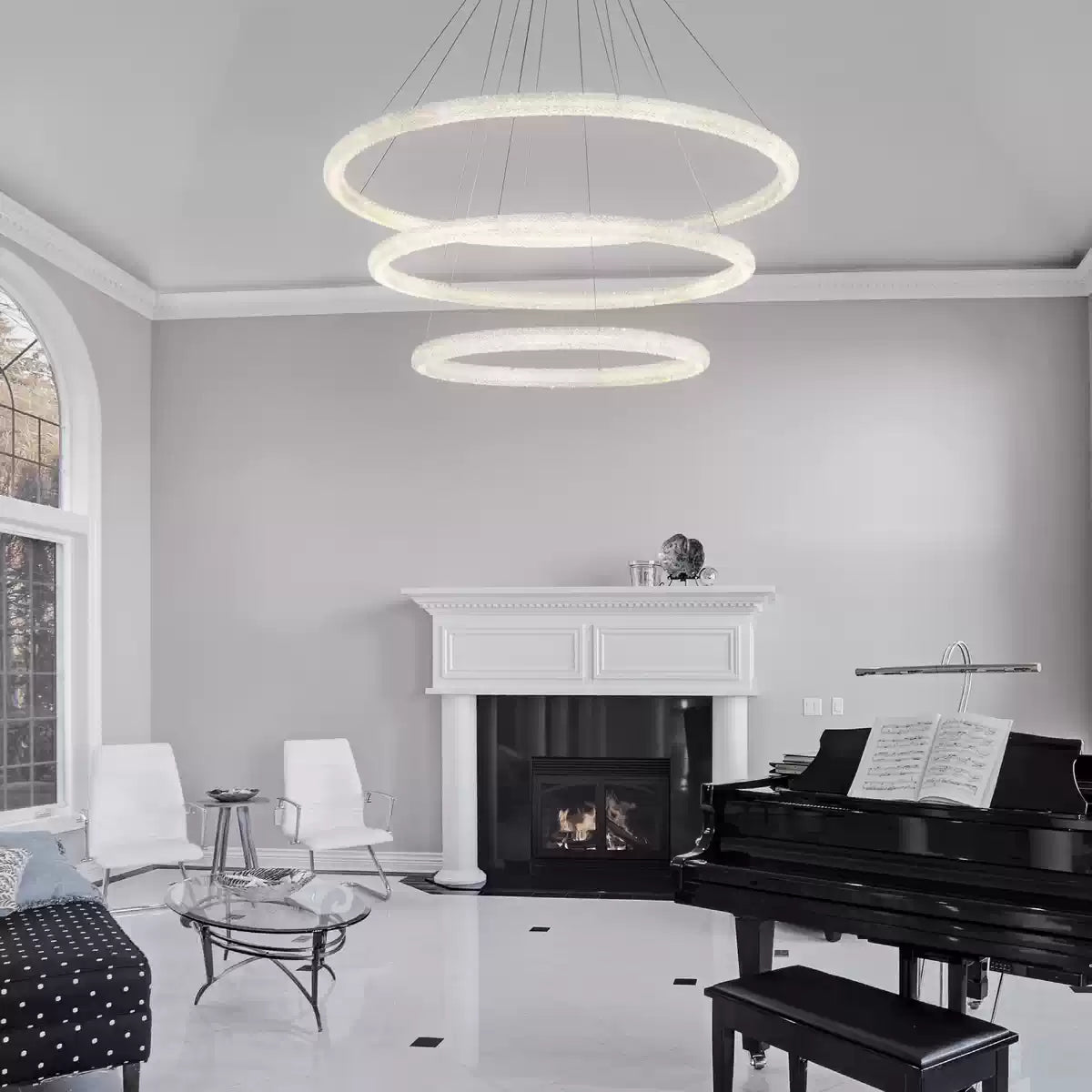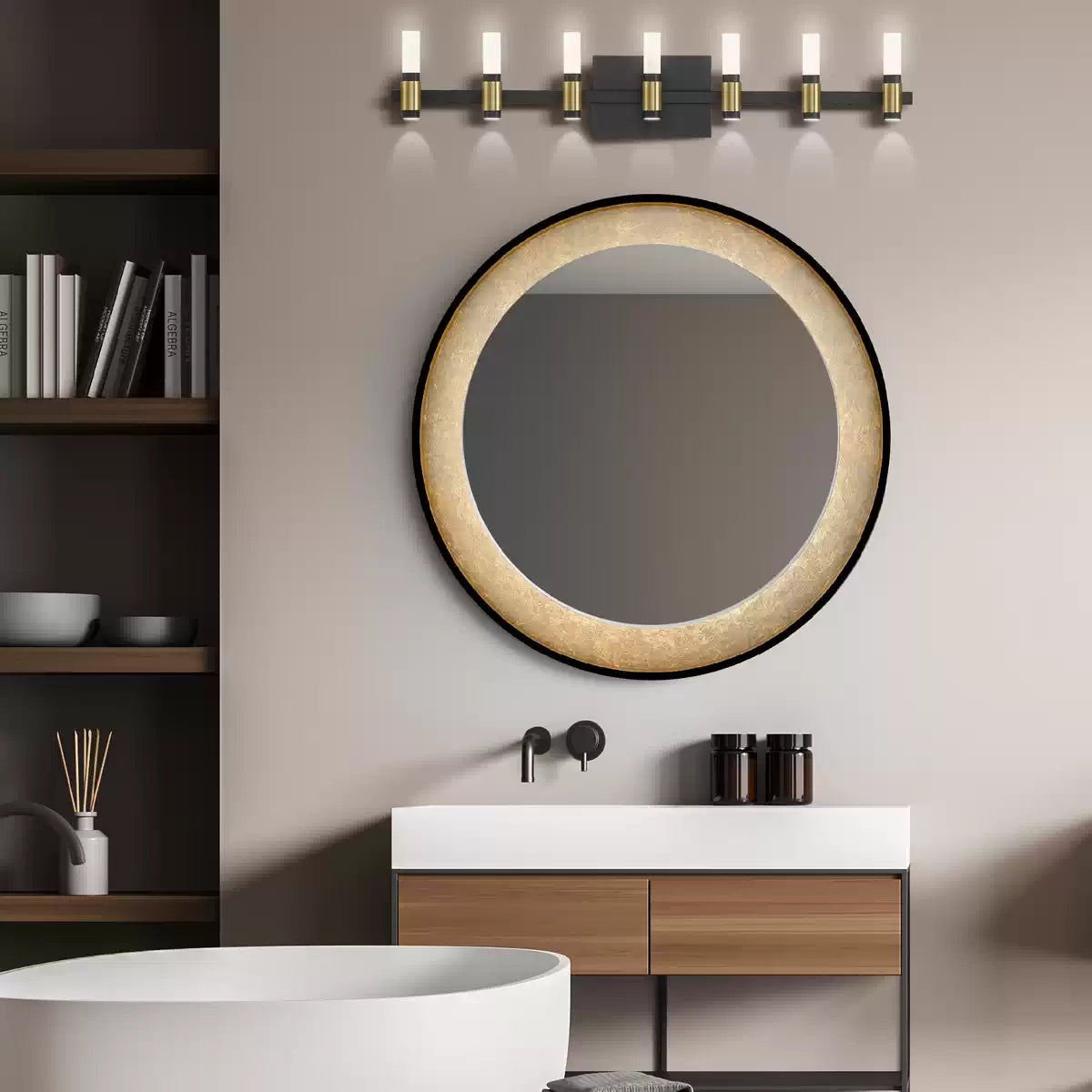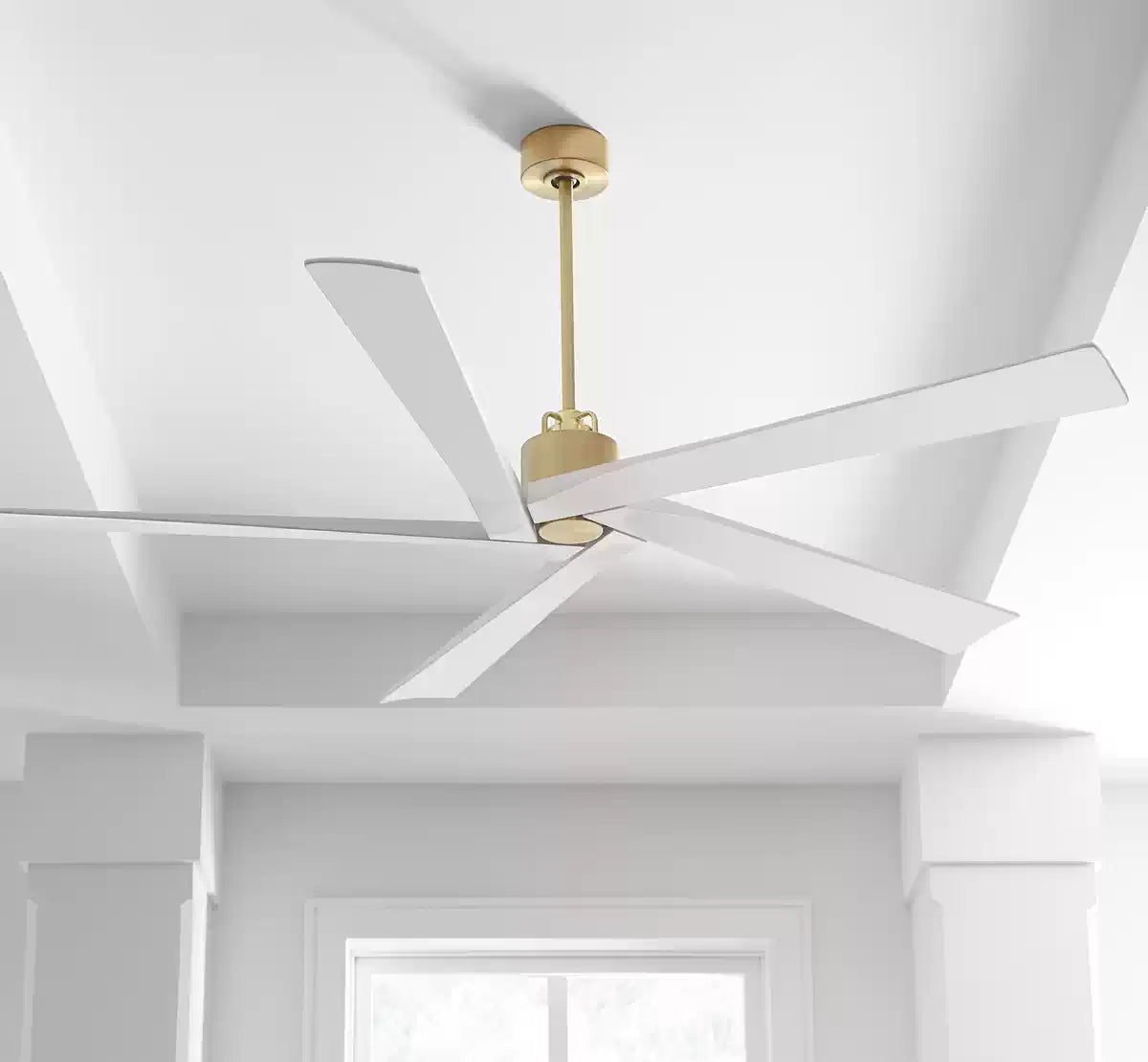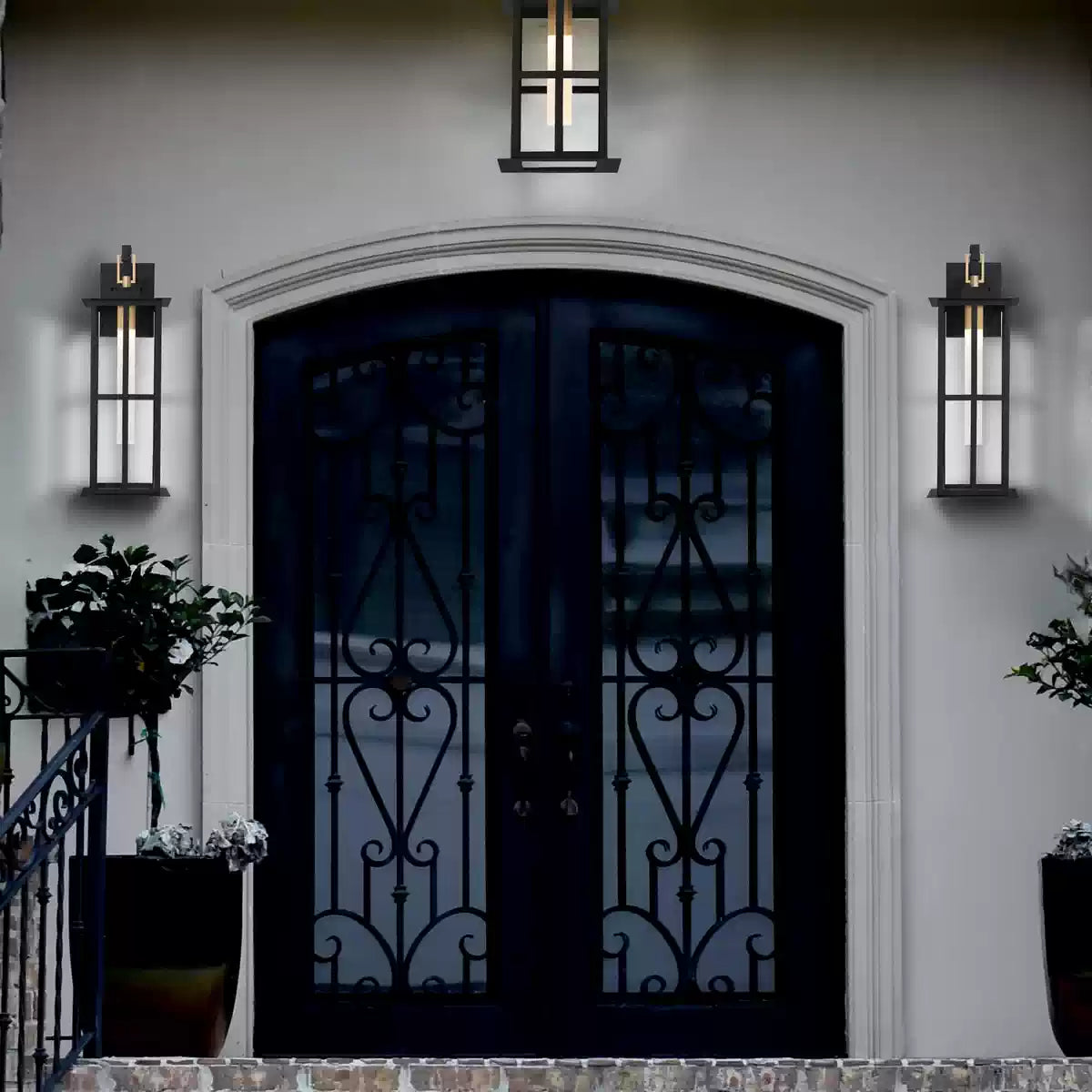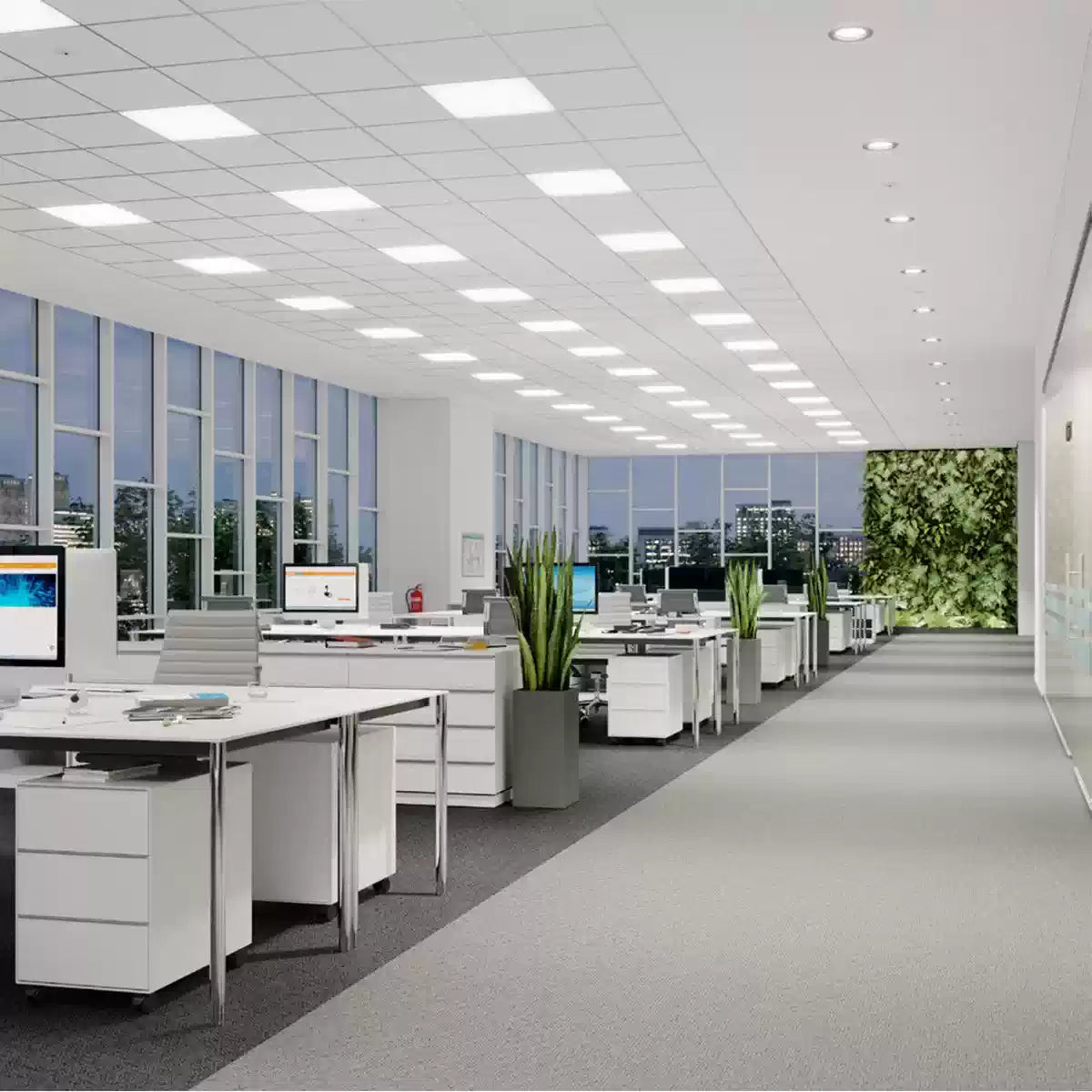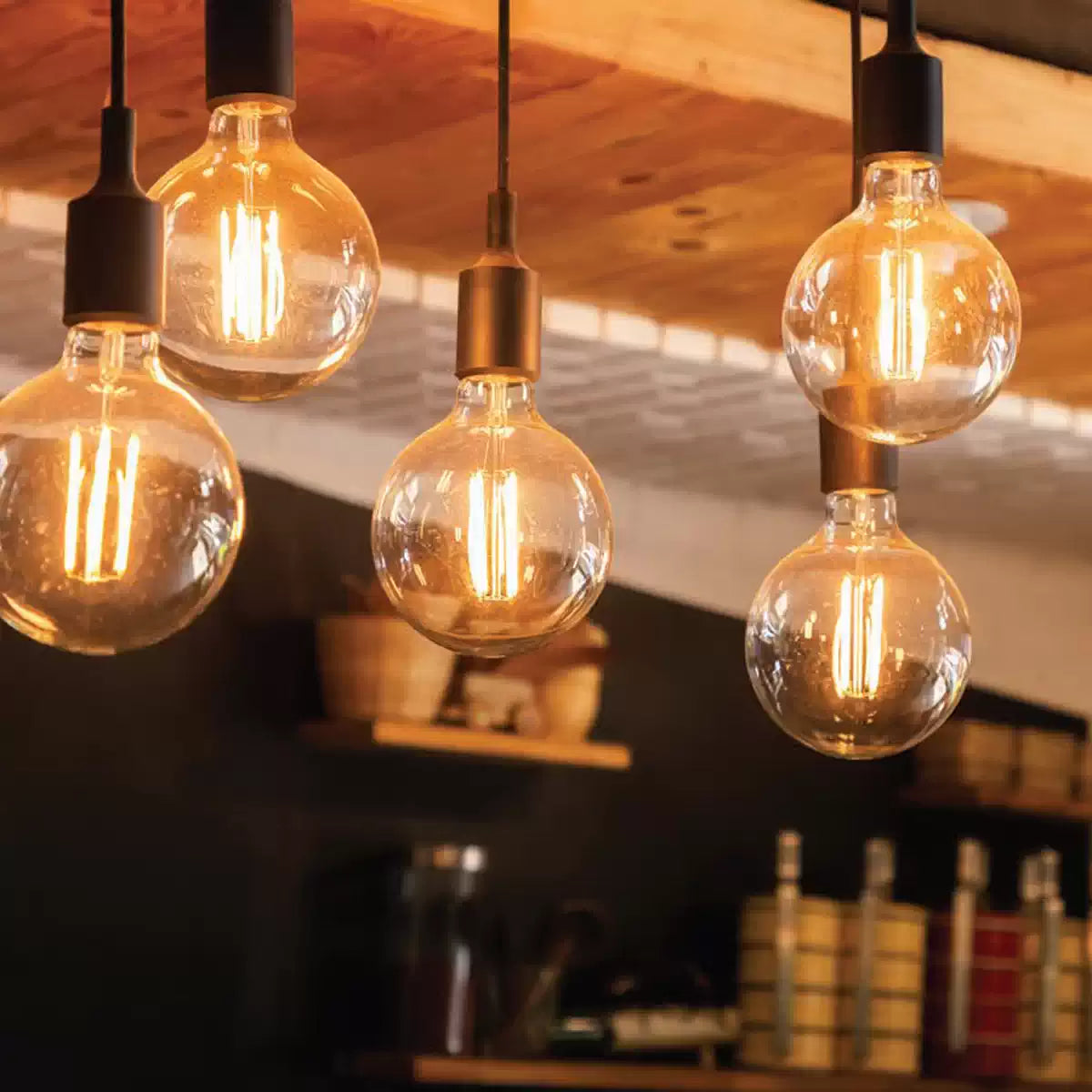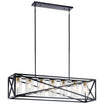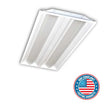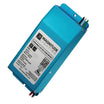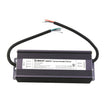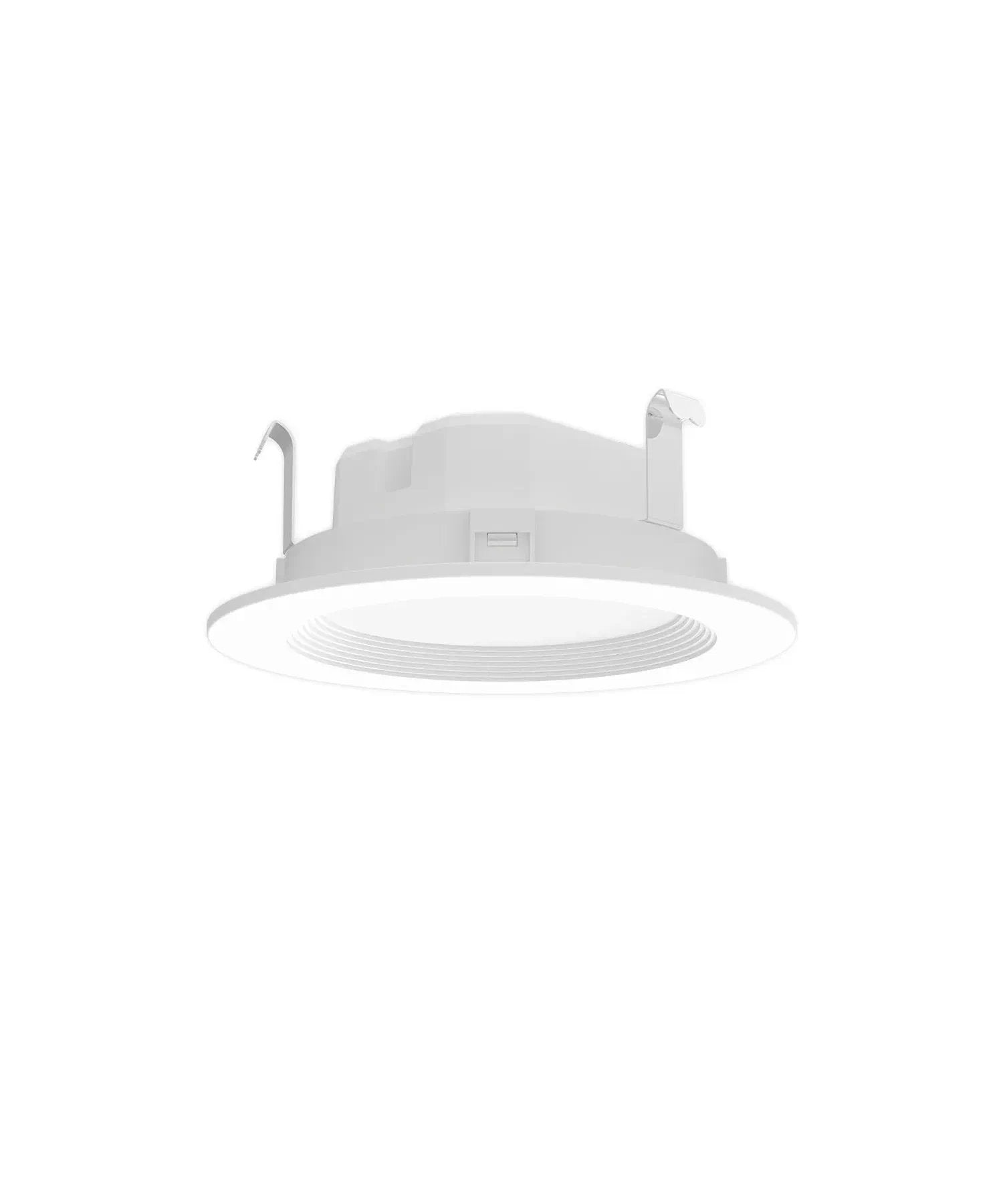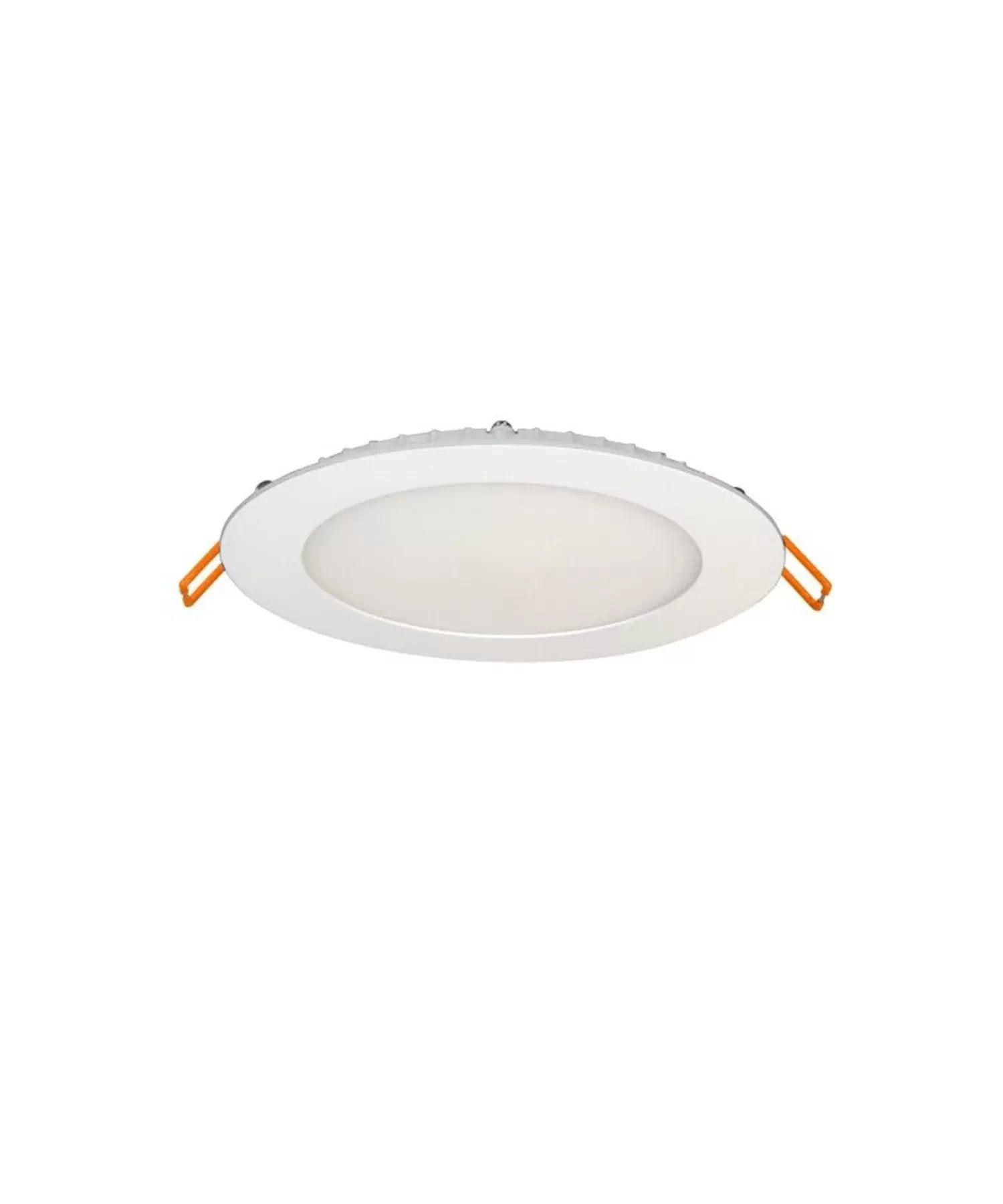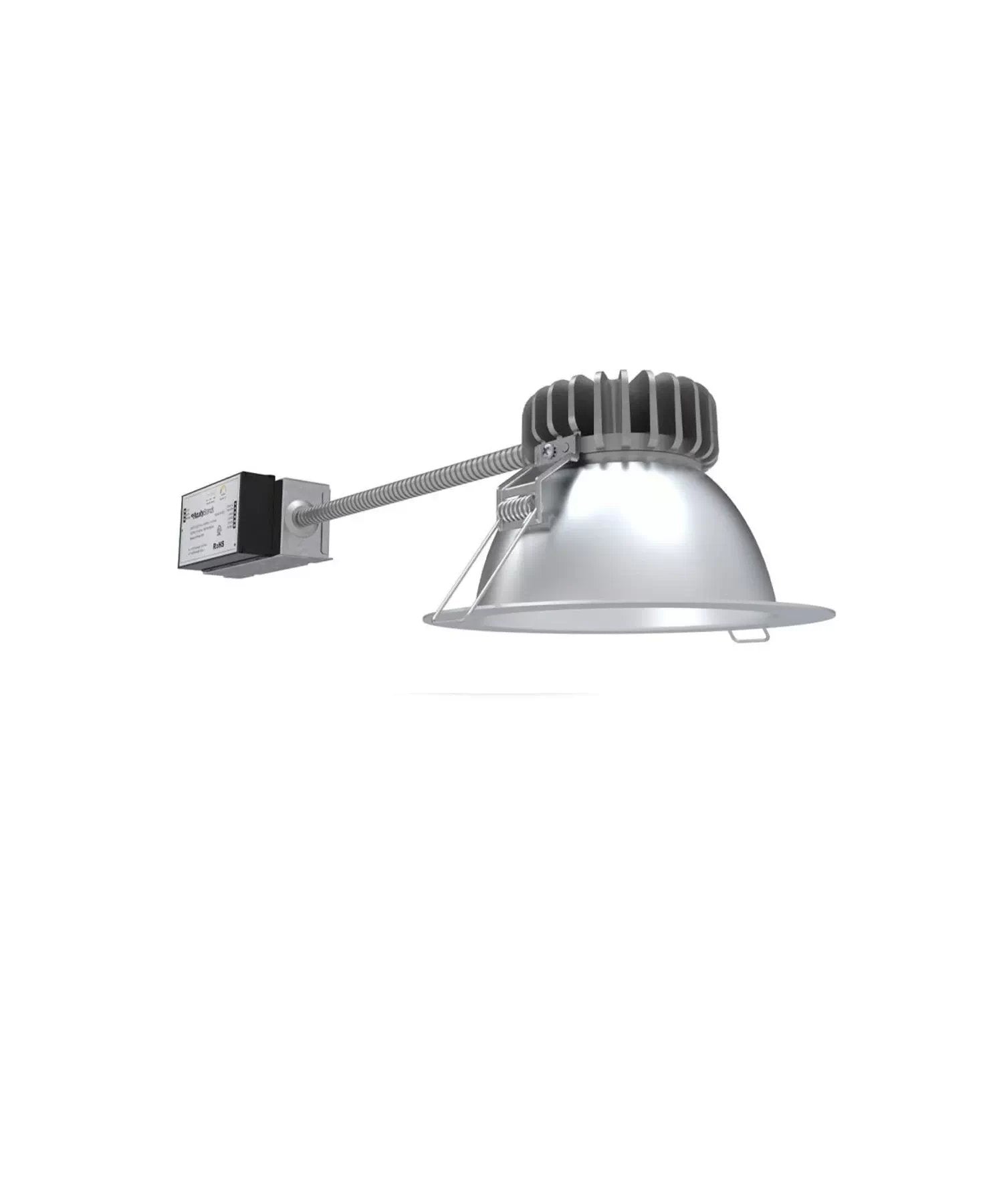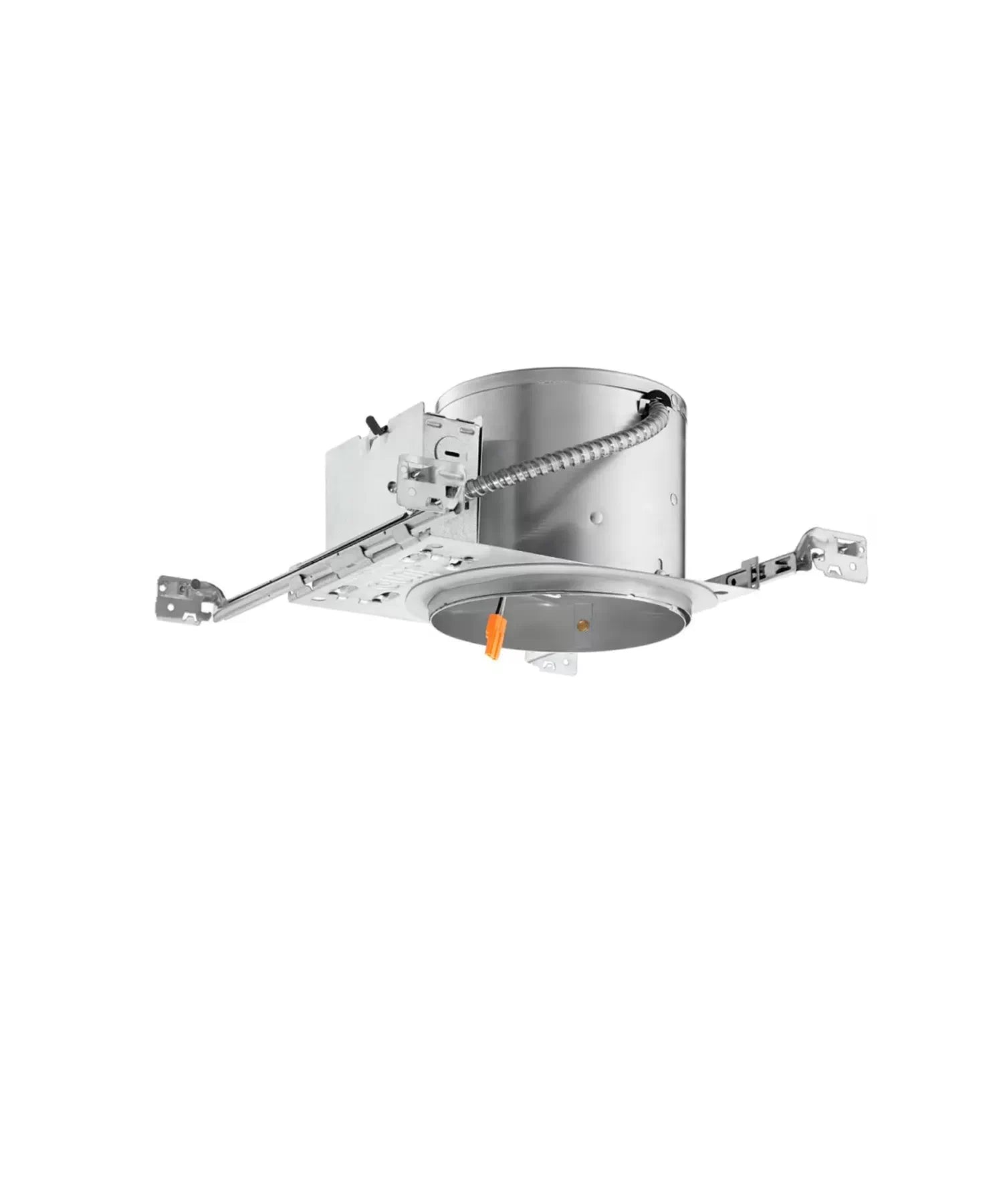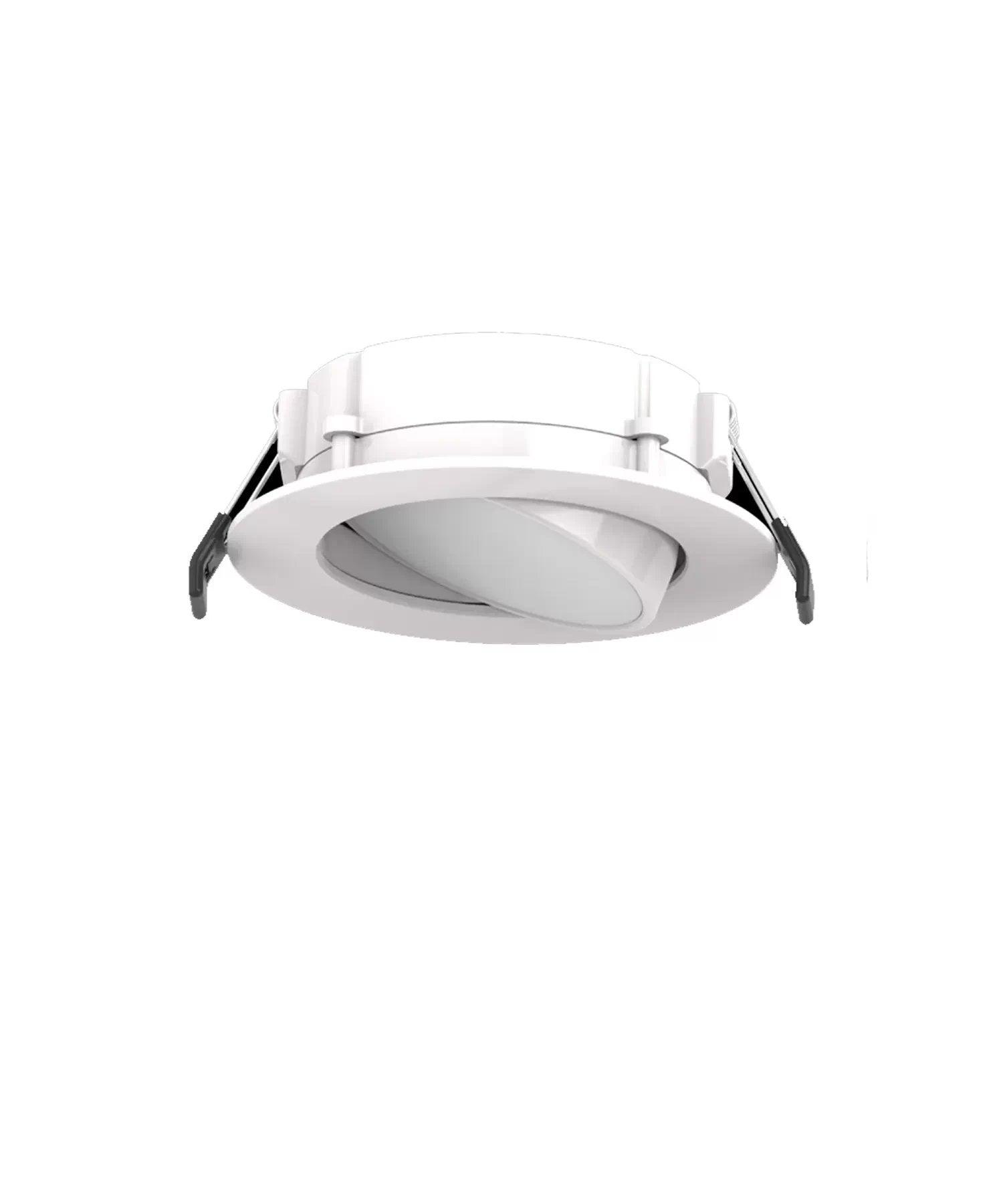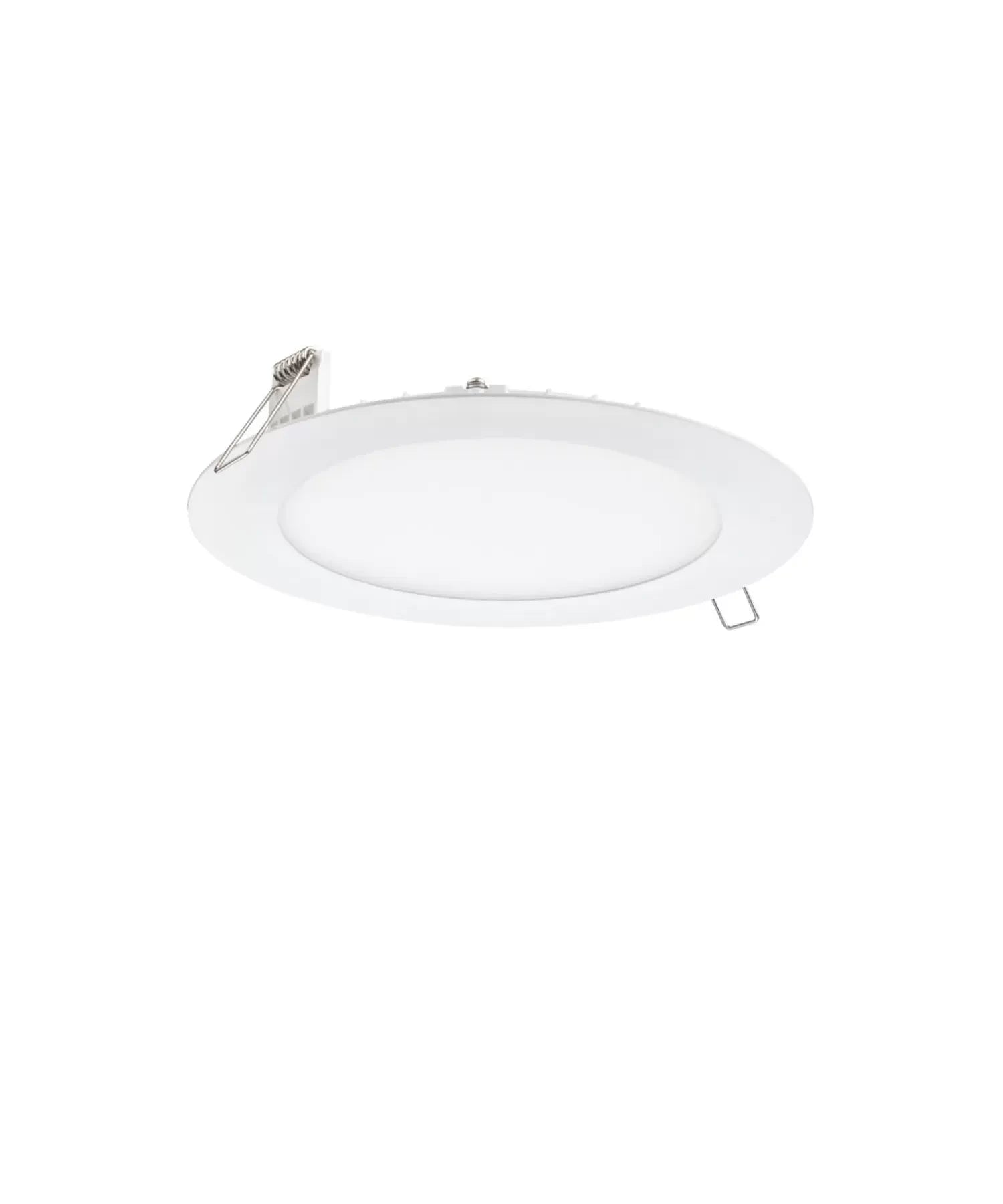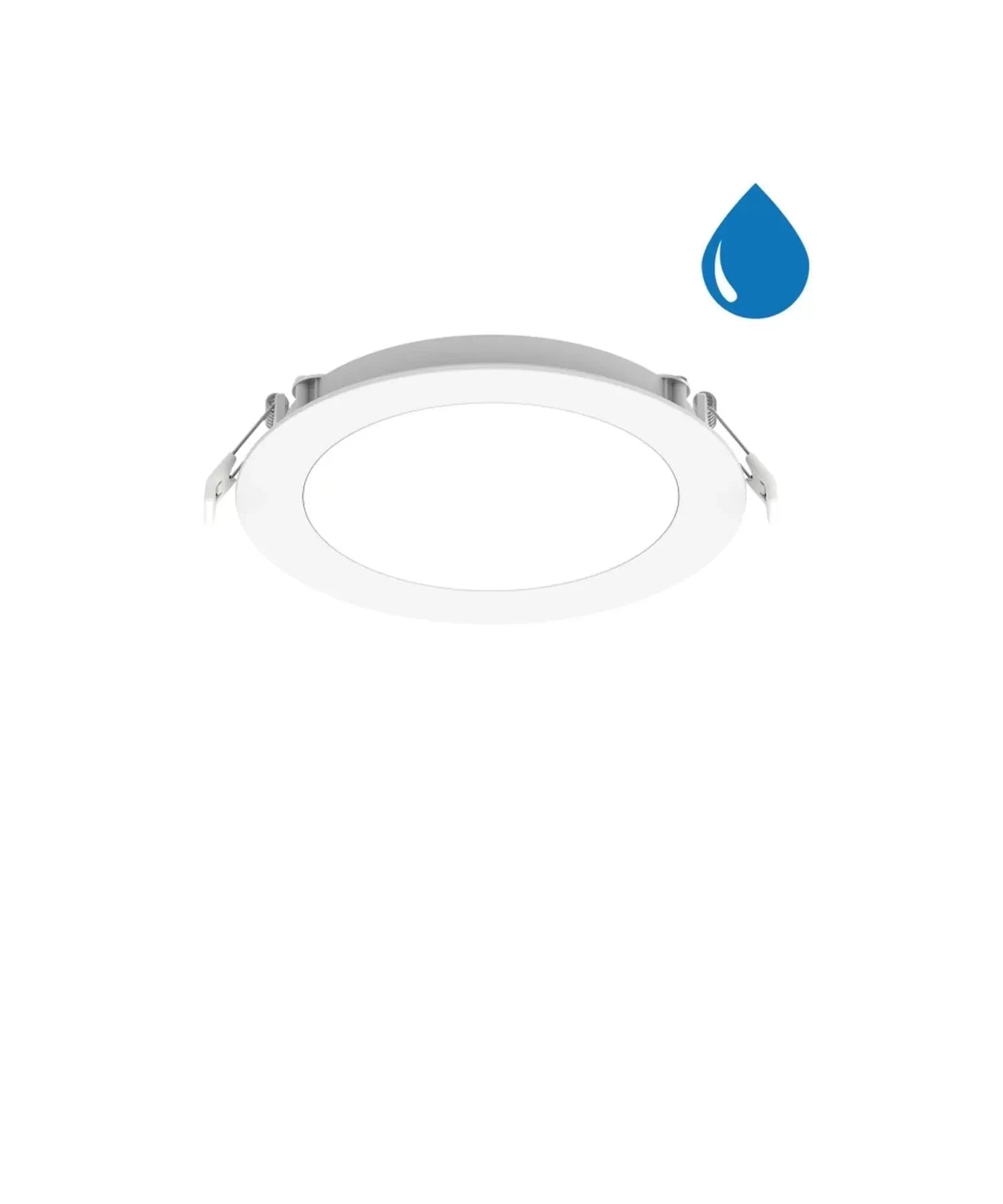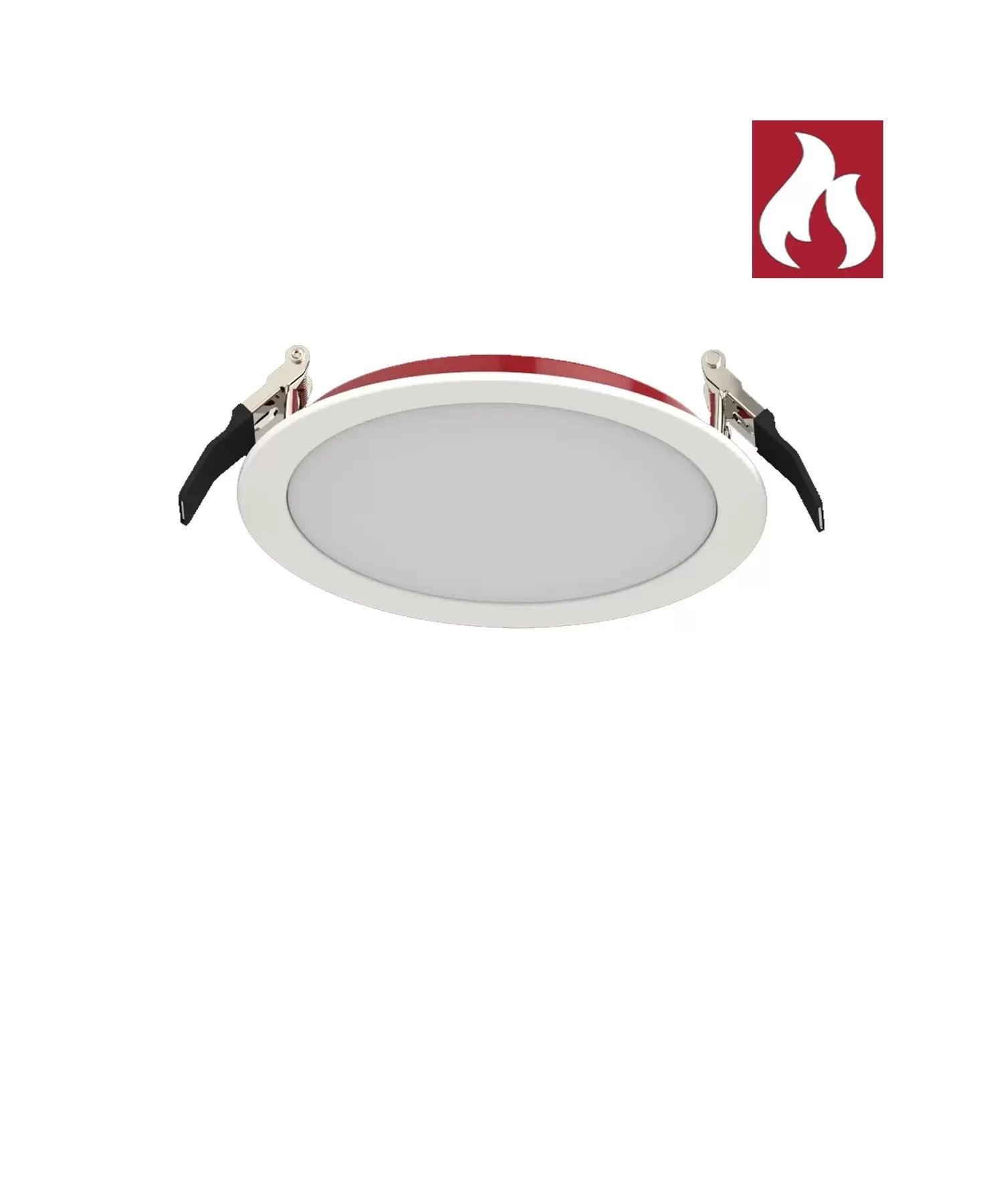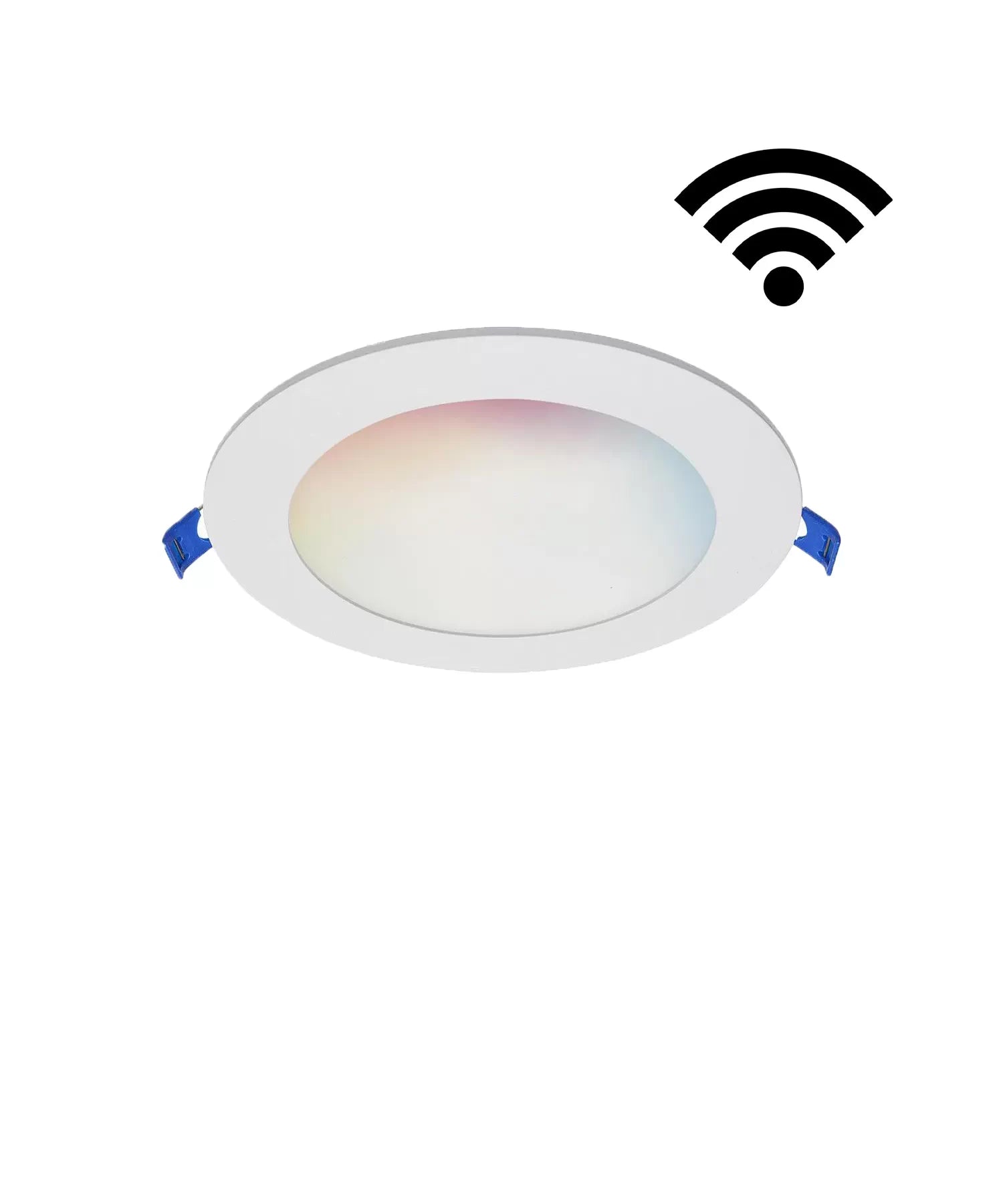Recessed Lighting

Recessed lighting, also known as downlighting, can lighting, high hat lights, or pot lights, is a type of lighting fixture installed flush within a hollow opening in the ceiling. These fixtures have an impact on both esthetics and practicality, making them a versatile option for various rooms and applications. Recessed lights are stylish yet functional forms of lighting that people love for their low-profile design and energy efficiency.
Canless | Retrofits | Commercial
2 inch | 3 inch | 4 inch | 6 inch
Gimbal | Square | Round | Wafer
Wet Rated | Fire Rated | Smart
Shop Sale
Recessed Lighting by Type
Recessed Lighting by Trim
Recessed Lighting by Features
Shop Recessed Lights On Sale
Benefits of LED Recessed Lighting
LED recessed lights are an excellent alternative to incandescent light bulbs. They use less energy than their incandescent counterparts, which means fewer energy bills. LEDs also last longer than other types of lighting, with the average LED light lasting for 11 years when used for twelve hours a day. An added benefit of retrofit LED recessed lights is that they do not produce any harmful materials, unlike incandescent and fluorescent tubes, which contain mercury.
LED recessed lighting technology has developed to the point that it has overcome most of the early drawbacks of LED technologies. Lighting quality is much better in terms of color rendering, color temperature, and lumen output (compared to wattage used). LED can lights have a much longer lifetime which means that the lights need to be replaced less often than other types.
Can Lights vs Canless Recessed Lighting
With its streamlined design, recessed lighting offers a clean and contemporary look that can elevate any room. But which type of recessed lighting is right for you: can lights or canless recessed lights?
Recessed can lights are the more traditional option, with a metal can or housing that holds the light fixture in place. These lights are easy to install and offer a wide range of styles and finishes to choose from. Plus, they provide a bright and consistent light that can be easily dimmed to set the perfect mood. Retrofit can lights are also highly versatile - they can be installed in a variety of ceiling types and can be adjusted to direct light where it's needed most. However, they do require a bit of ceiling depth to be installed properly.
If you're looking for something even more minimalist, canless recessed lights are the way to go. True to their name, these lights don't require a can and instead fit directly into the ceiling without any additional hardware. This means they take up less space and offer a more seamless look. This makes them an excellent choice for rooms with limited ceiling space.
While can lights have been a popular choice for years, many homeowners are now opting for canless LED lighting. One major advantage of canless LED lights is their energy efficiency. These lights use less electricity than traditional incandescent bulbs, which means they can help you save money on your energy bill. Additionally, LED technology lasts longer than incandescent bulbs, so you won't have to replace them as often.
But it's not just about practicality - canless recessed lighting also offer a sleek and modern look that many homeowners love. Without the bulky canister, these lights blend seamlessly into the ceiling for a clean and minimalist appearance. And with a variety of styles and finishes available, it's easy to find canless lights that complement your home's decor. Of course, there are still plenty of reasons to choose traditional retrofit LED can lights. These fixtures are tried-and-true, and many homeowners appreciate their classic look.
Selecting the Appropriate Trim Style
The trim style of recessed lighting plays a crucial role in both the aesthetic appeal and functionality of the fixtures.
Baffle Trims
Baffle trims are the most common choice for residential homes. They feature a cone-shaped design with a ribbed surface that stands out. This unique structure has an impact on light distribution, as it softens and absorbs light, reducing glare and eye strain. The result is a comfortable and healthy lighting environment, making baffle trims ideal for task illumination in areas where reading or sewing takes place.
These trims are particularly suitable for spaces that benefit from low, diffused light, such as bedrooms, studies, and nurseries. In rooms with low ceilings, baffle trims can create a more comfortable atmosphere. They work well with LED bulbs and dimmer switches, allowing homeowners to adjust the mood of the space throughout the day.
Baffle trims typically come in white, though silver, black, or custom colors are also available. The matte surface of these trims gives them a painted appearance, which can blend seamlessly with the ceiling. While they are durable and cost-effective, it's important to note that the color of the light beam might appear different in various room interiors due to the light absorption properties of the trim.
Reflector Trims
Reflector trims feature a smooth, polished-metal interior designed to maximize brightness. They direct the full output of the lamps to specific areas, making them ideal for spaces that require extra illumination. These trims are commonly used in utility areas of the house, such as bathrooms and kitchens, as well as in commercial and industrial settings with high ceilings.
The high-gloss surface of reflector trims can come in various finishes, including gold, bronze, or satin nickel. Despite their shiny appearance, the trims themselves are typically made of durable materials like aluminum or stainless steel, ensuring a long service life of 23-36 years, depending on usage.
Reflector trims are excellent for boosting light output and are widely applicable in various spaces. However, in smaller living areas, the increased brightness might cause discomfort for some individuals.
Adjustable Trims
Adjustable trims or gimbal trims offer flexibility in directing light, making them perfect for accent lighting or spotlighting. These trims come in various styles, including eyelid, gimbal ring, adjustable cone, eyeball, and wall wash. They are particularly useful for sloped ceilings or when wall washing is desired.
Eyeball trims, for instance, allow for control over the direction of light with a typical range of 30° tilt and 359° rotation. Gimbal trims offer similar flexibility but pivot within the housing, protruding less from the ceiling. Surface adjustable trims, also known as "elbow" or "scoop" trims, provide the maximum range of motion at 70° tilt and 359° rotation.
Decorative Trims
For those looking to add a touch of style to their lighting, decorative trims offer a wide range of shapes and finishes. These trims are usually constructed from a combination of metal and glass, allowing homeowners to match their lighting fixtures to their interior design preferences.
Shower Trims
Shower trims are designed to protect the bulb and the interior of the housing from moisture or direct hits of water. They are the preferred choice for use in bathrooms, showers, eave lighting, and closets.
Wall Wash Trims
Wall wash trims are combinations of a directional reflector and a light "scoop" direct light toward the wall. Scoop wall wash trims are generally spaced 20"-30" from the wall and 20"-30" apart.
Recessed lighting is a versatile and energy-efficient lighting solution that can enhance the look and feel of any room. If you need help choosing the right recessed lighting, Bees Lighting can assist you in making the best decision for your needs. With a wide range of options available, our experts can guide you through the process of selecting the perfect lighting solution for your space.
Frequently Asked Questions
What should I consider when choosing recessed lights?
When selecting recessed lights, consider the height of your ceiling and the size of your room. Smaller fixtures, like 4-inch and 5-inch models, are perfect for task lighting in kitchens, while 6-inch fixtures are commonly used for general lighting. Larger sizes, such as 8-inch and 10-inch, are ideal for creating a broad wash of light.
What is the difference between can lights and canless recessed lights?
Can lights are traditional recessed fixtures with a housing can installed above the ceiling. Canless recessed lights are a newer, slimmer option that doesn't require a housing. Canless lights are typically LED, more energy-efficient, and easier to install, especially in tight spaces.
What are the benefits of LED recessed lighting?
LED recessed lights offer significant benefits like 1) Energy efficiency: Use up to 75% less energy than incandescent bulbs; 2)
Long lifespan: Can last 25,000+ hours; 3) Low heat output: Safer and doesn't affect room temperature; 4) Dimmable options: Many LED recessed lights are compatible with dimmer switches.
Can recessed lights be installed in an existing ceiling?
Yes, recessed lights can be retrofitted into existing ceilings. Canless LED options are especially suitable for retrofit projects due to their slim profile and easy installation. However, access to the area above the ceiling (attic or crawl space) may be necessary for wiring.
Are recessed lights energy-efficient?
Yes, especially LED recessed lights. They consume less energy than traditional bulbs and can significantly reduce your electricity bills. Look for ENERGY STAR certified fixtures for maximum efficiency.
Learn More About Recessed Lighting

Buying Guide: How to Choose Recessed Lighting
Recessed lighting, often referred to as can lighting or pot lighting, offers a clean, streamlined look for your home or office. This guide will walk you through everything you need to know about buying and installing recessed lighting.

How to Design the Best Recessed Lighting Layout
Recessed lighting is a versatile and efficient lighting solution that enhances the ambiance of any living space. This guide will dive into the process of designing a recessed lighting layout, from placement strategies to formula application, ensuring your lighting project is a resounding success.

Kitchen Recessed Lighting: A Complete Guide
A well-lit kitchen not only aids in carrying out tasks efficiently but also enhances the overall aesthetic appeal of the space. A key player in achieving this balance is recessed lighting.


